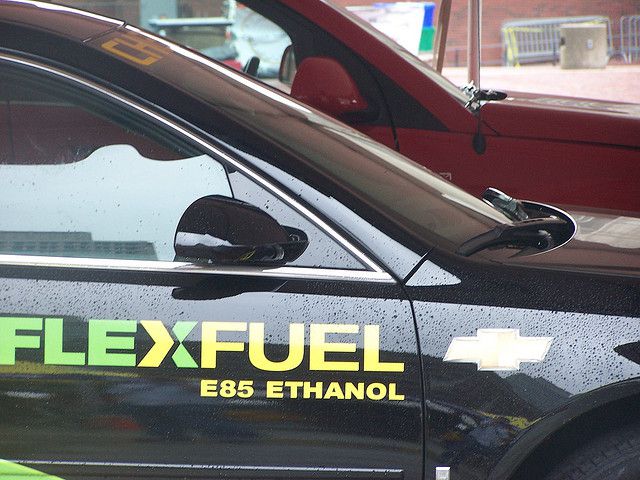-
 Biaxial
Biaxial
-
 Telluric pollution
Telluric pollution
-
 Cave pearls
Cave pearls
-
 Optimum pH
Optimum pH
-
 Scanner
Scanner
-
 Caterpillar
Caterpillar
-
 Morphing
Morphing
-
 Colony
Colony
-
 Umbriel
Umbriel
-
 Phytosociology
Phytosociology
-
 SS-18
SS-18
-
 Tau neutrino
Tau neutrino
-
 Impactor
Impactor
-
 CRL
CRL
-
 Actinomorphy
Actinomorphy
-
 Abiotic
Abiotic
-
 Baryon
Baryon
-
 Waste-to-energy
Waste-to-energy
-
 Dual core
Dual core
-
 Black mulberry
Black mulberry
-
 Mediastinum
Mediastinum
-
 Theorem
Theorem
-
 Anatexy
Anatexy
-
 ADPCM
ADPCM
-
 Aponeurosis
Aponeurosis
-
 Usenet
Usenet
-
 Algae
Algae
-
 Google Desktop
Google Desktop
-
 ACTH
ACTH
-
 Class
Class
Alternative fuel
Alternative fuel is a fuel that is, as its name implies, an alternative to conventional oil based fuels: petrol, diesel, kerosene…
Very diverse, these fuels are developed to compensate for the problems related to shortages (embargo, exhaustion of reserves), energy independence (oil shocks), economic cost (Escalation of the price of oil) or environmental impact (pollution, greenhouse effect gas) relative to oil.
There are three solutions for providing alternative fuels:
Using other fossil hydrocarbons
The first solution consists in using or transforming coal, natural gas or refinery products. This is the case of the Fischer-Tropsch processes Coal-to-Liquid and Gas-to-Liquid that produce fuel from coal and natural gas, and LPG or NGV to power some vehicles.
Using biomass
The second solution is to use biogas, biofuels and fuels produced from biomass (energy crop, waste) by the Biomass-to-Liquid process.
The last method is to use an energy carrier capable of using the energy produced by a power plant in a vehicle. This is the method for using electricity, dihydrogen and compressed air in electric vehicles and rechargeable hybrid vehicles, fuel cell vehicles and vehicles with compressed air engines.
 This Chevrolet is able to use standard fuel as well as alternative fuel: E85. © Jeff Egnaczyk CC by 2.0
This Chevrolet is able to use standard fuel as well as alternative fuel: E85. © Jeff Egnaczyk CC by 2.0
Latest
Fill out my online form.



